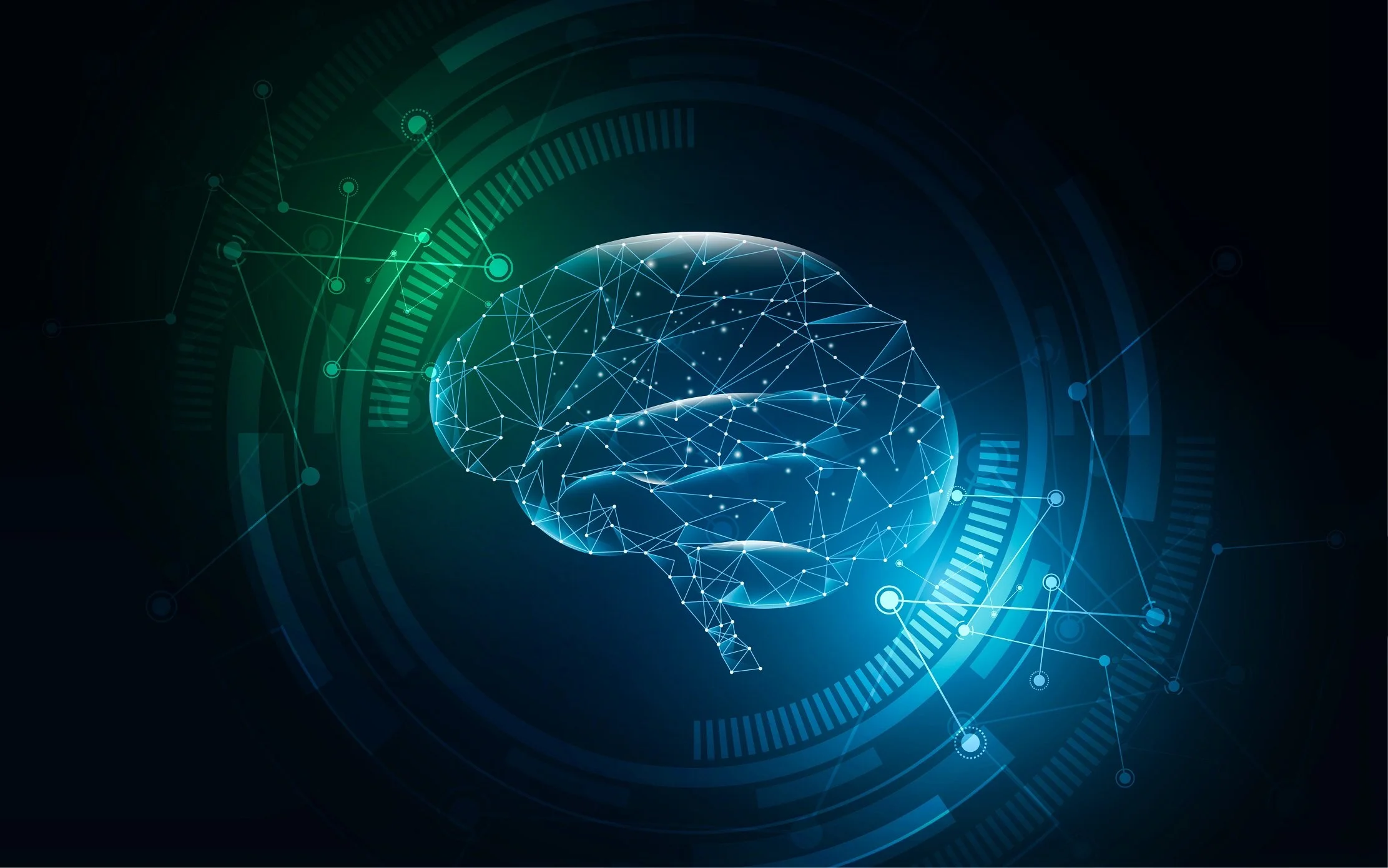The brain has always been a fascinating subject to scientists, as countless studies are done each year. However, how the brain works exactly mostly remains a mystery to this day. In this article professor of electrical engineering and bioengineering, Salvatore Domenic Morgera explains his insights and views on one particular conundrum within the enigma that is our brain, namely the relationship between the brain’s physical structure and its functionality.
Researchers plan investigate how well humans deal with the lack of physical connection we are currently experiencing
We are currently experiencing unique circumstances. Never before has such a diverse group of people (rich, poor, old, young, happy, unhappy, healthy, unhealthy male, female, etc.) been confronted with a prolonged deficit of physical contact. What are the effects of this phenomenon on our mental well being? Researchers aim to answer this question in a new study.
Belgian researchers seek to accelerate the development of a new type of antibiotic
Scientists developed a microscope that fits in a needle to get a real-time look inside the human body's cells
Can your pets get coronavirus, and can you catch it from them?
As time progresses, we are slowly getting to know the coronavirus (SARS-CoV-2) better. We know, for example, that the virus can remain stable on surfaces like plastic and steel for up to three days and that it is detectable in aerosols for up to 3 hours. We've also discovered that animals like tigers can get the coronavirus. But what about our pets? Can they get COVID-19? And can they transfer the disease to their owners? In this article, Annette O'Connor, Jan Sargeant, and Sarah Totton explain their knowledge on the subject.
Scientists are investigating whether people with a selenium deficiency get sicker from the coronavirus
Coronavirus: people in tall buildings may be more at risk – here’s how to stay safe
Male hormones that cause features such as hair loss might induce vulnerability to the new coronavirus
How brain scans can help people communicate that are physically unable to talk
Scientists warn that many COVID-19 patients are still contagious after their symptoms have vanished
6 things you can do to cope with boredom at a time of social distancing
Taking a bath every day reduces the risk of a heart disease related death
The coronavirus looks less deadly than first reported, but it’s definitely not ‘just a flu’
Study shows that the coronavirus can remain stable on plastic and steel surfaces for several days
Dutch scientists claim to have discovered an antibody against the coronavirus disease
Is coronavirus the end of the handshake?
“Please refrain from hand shaking,” read a sign at an event in London I recently attended. Despite increasing anxiety about coronavirus, for many of us, it was the first time we had encountered such a request. Underneath the words was a small image of two disembodied hands shaking, surrounded by a red circle struck through with a diagonal line.


















